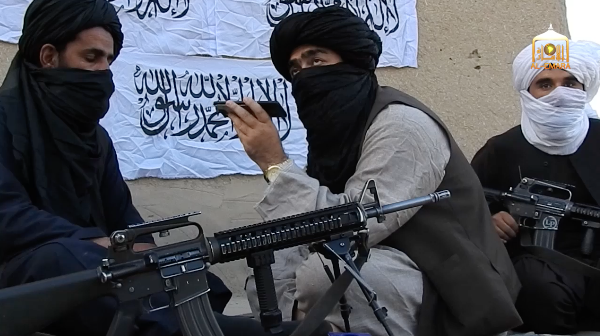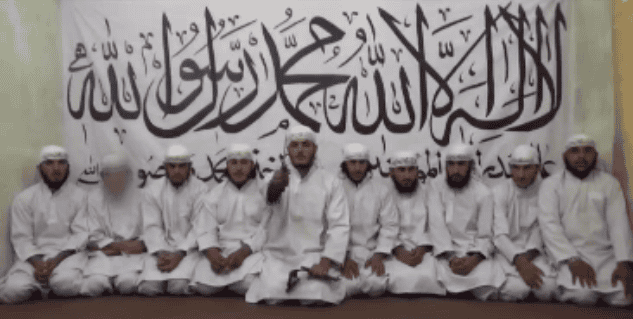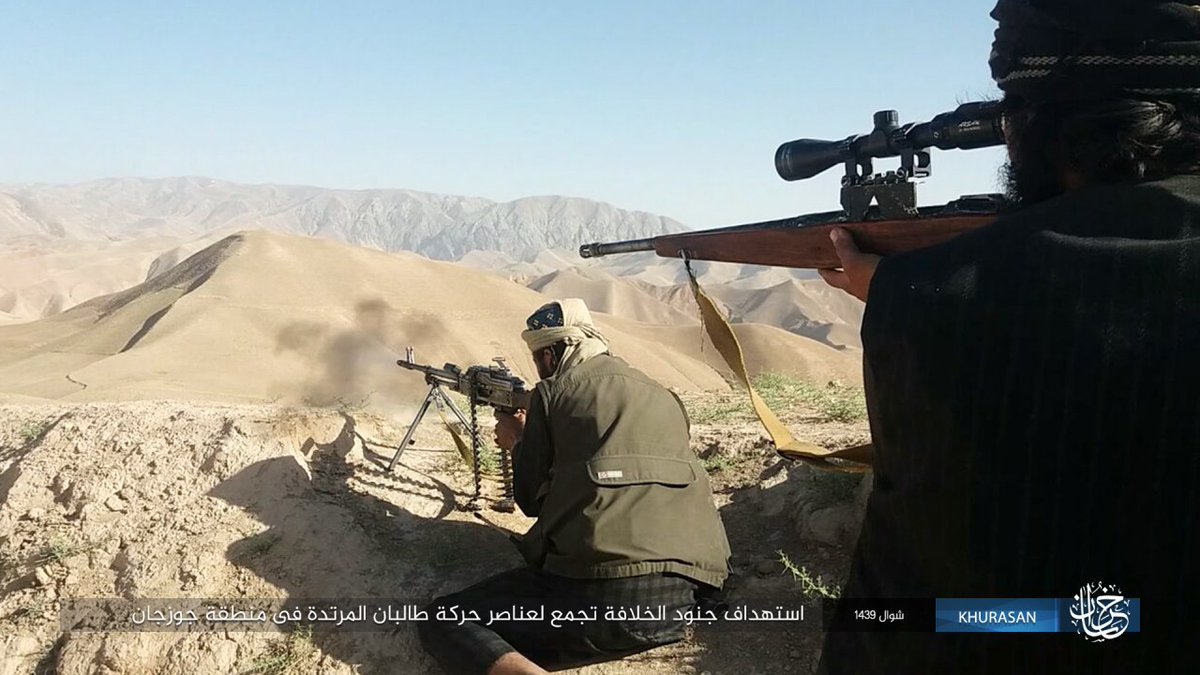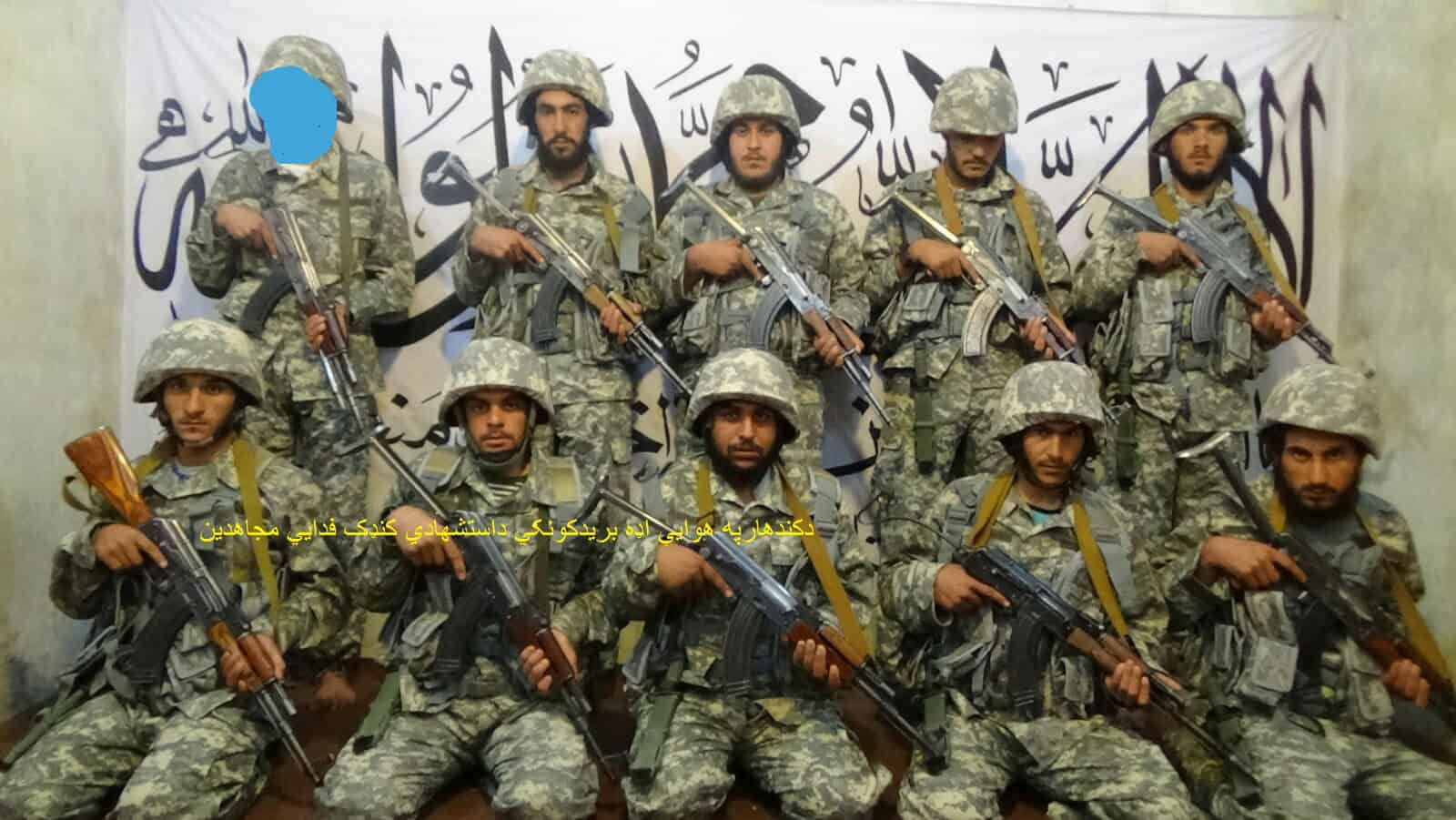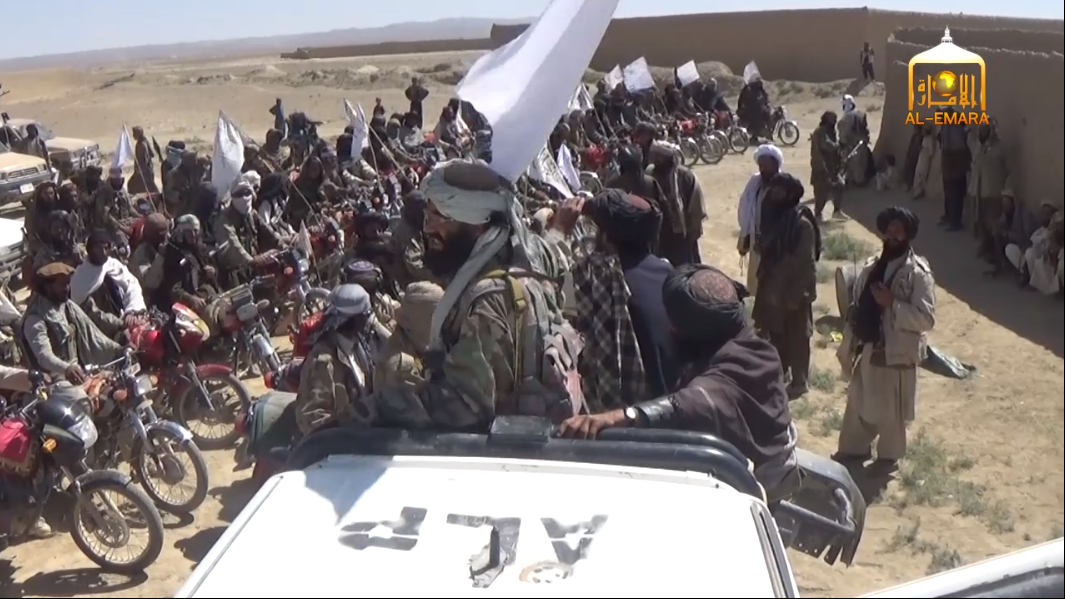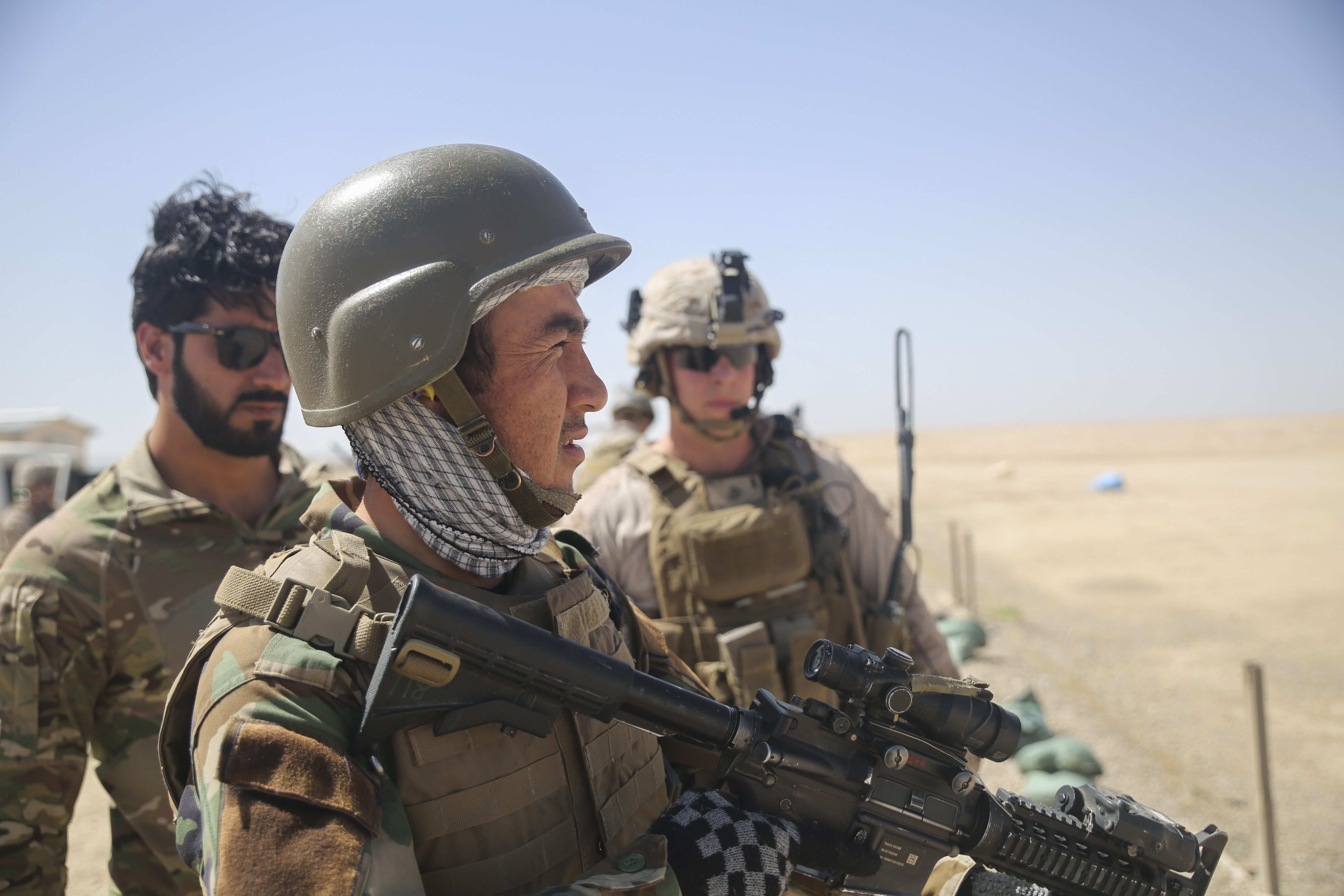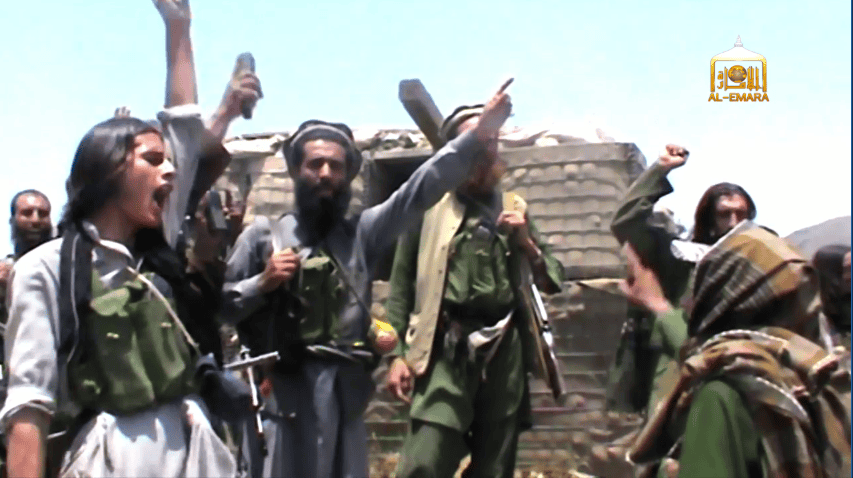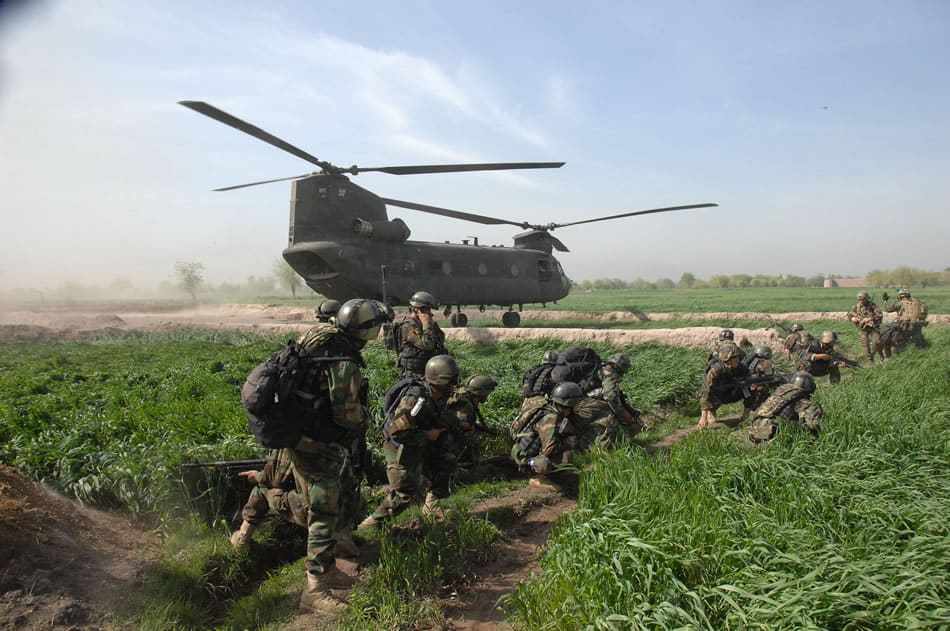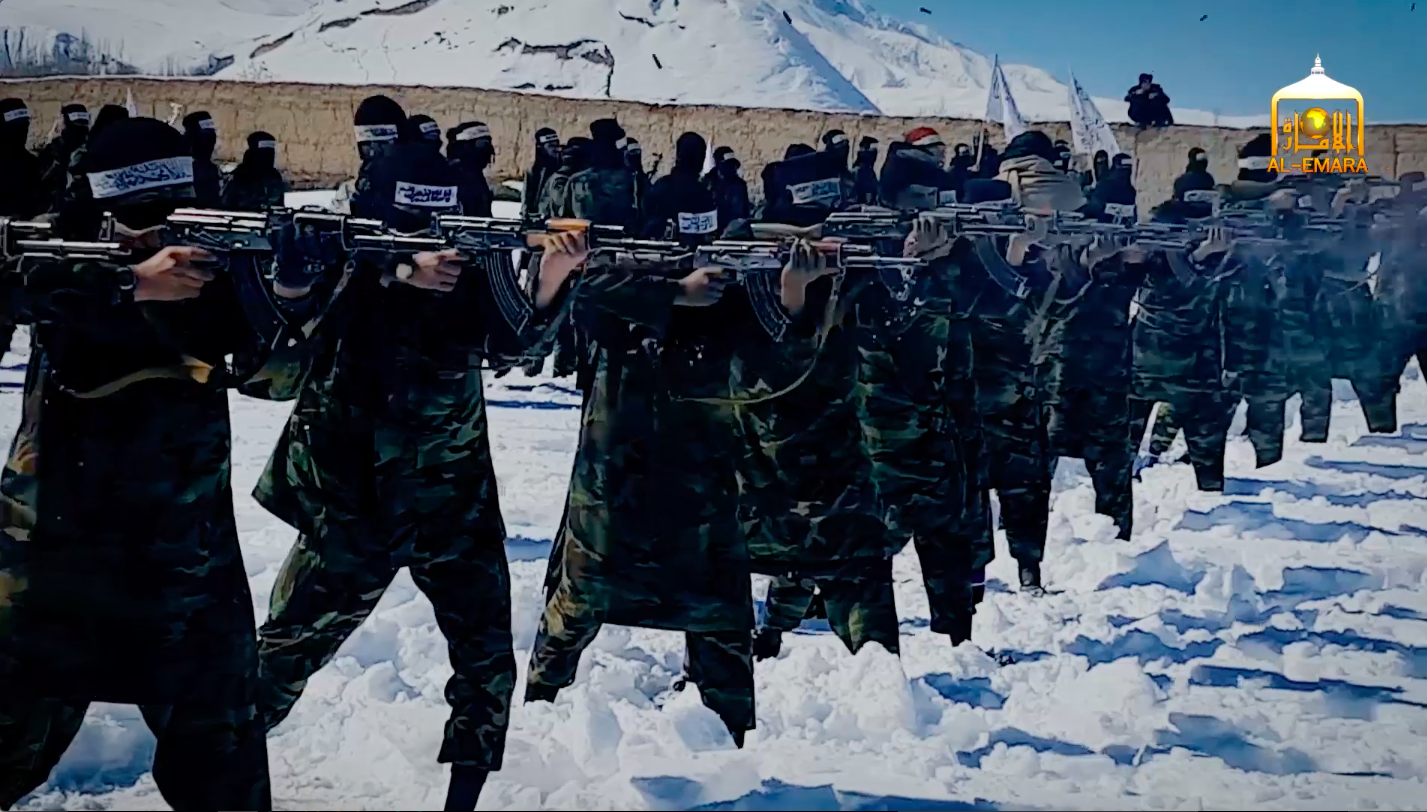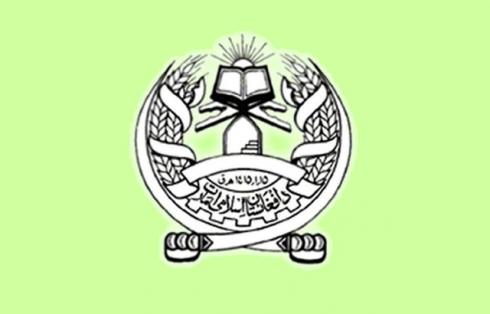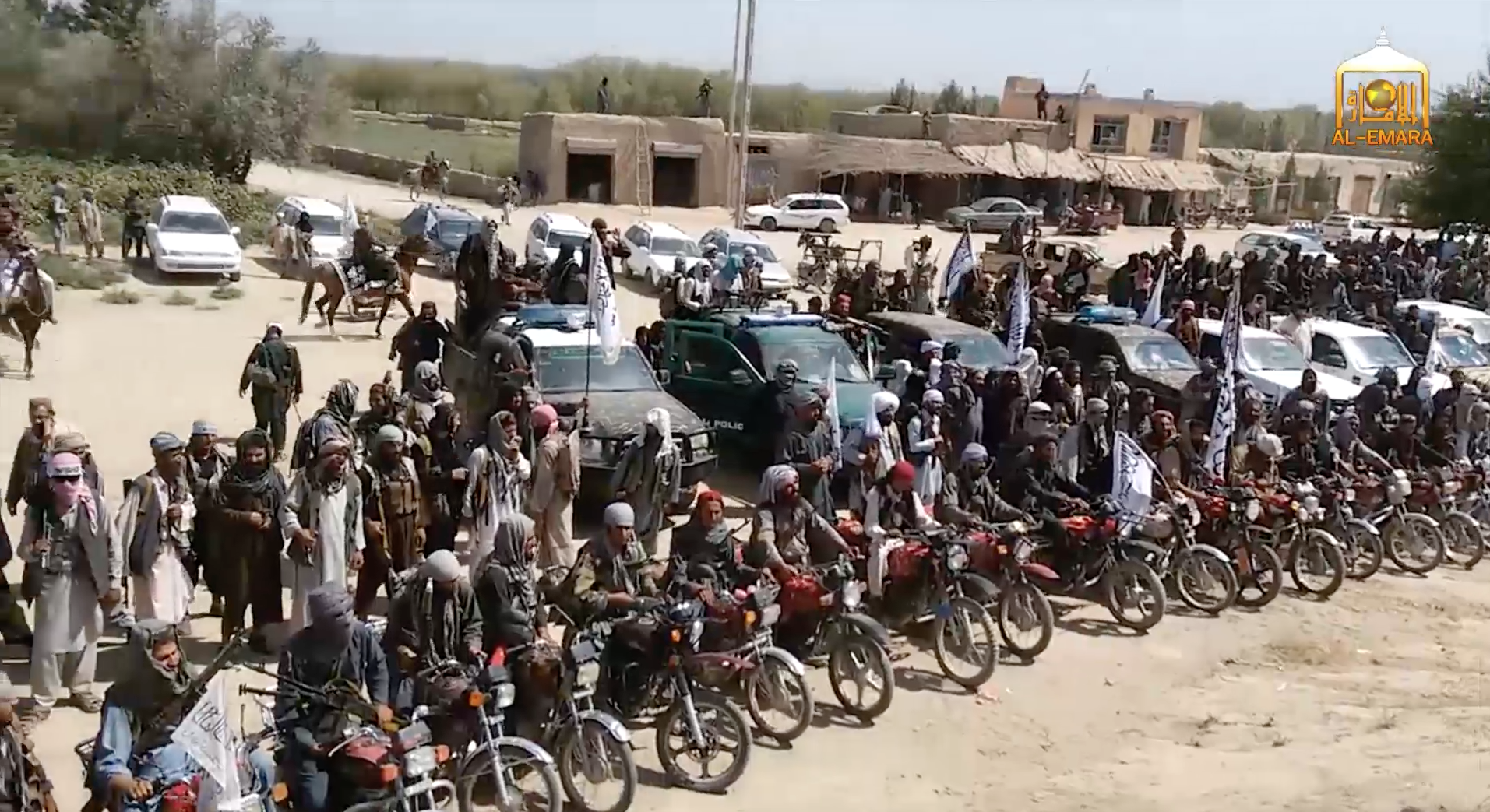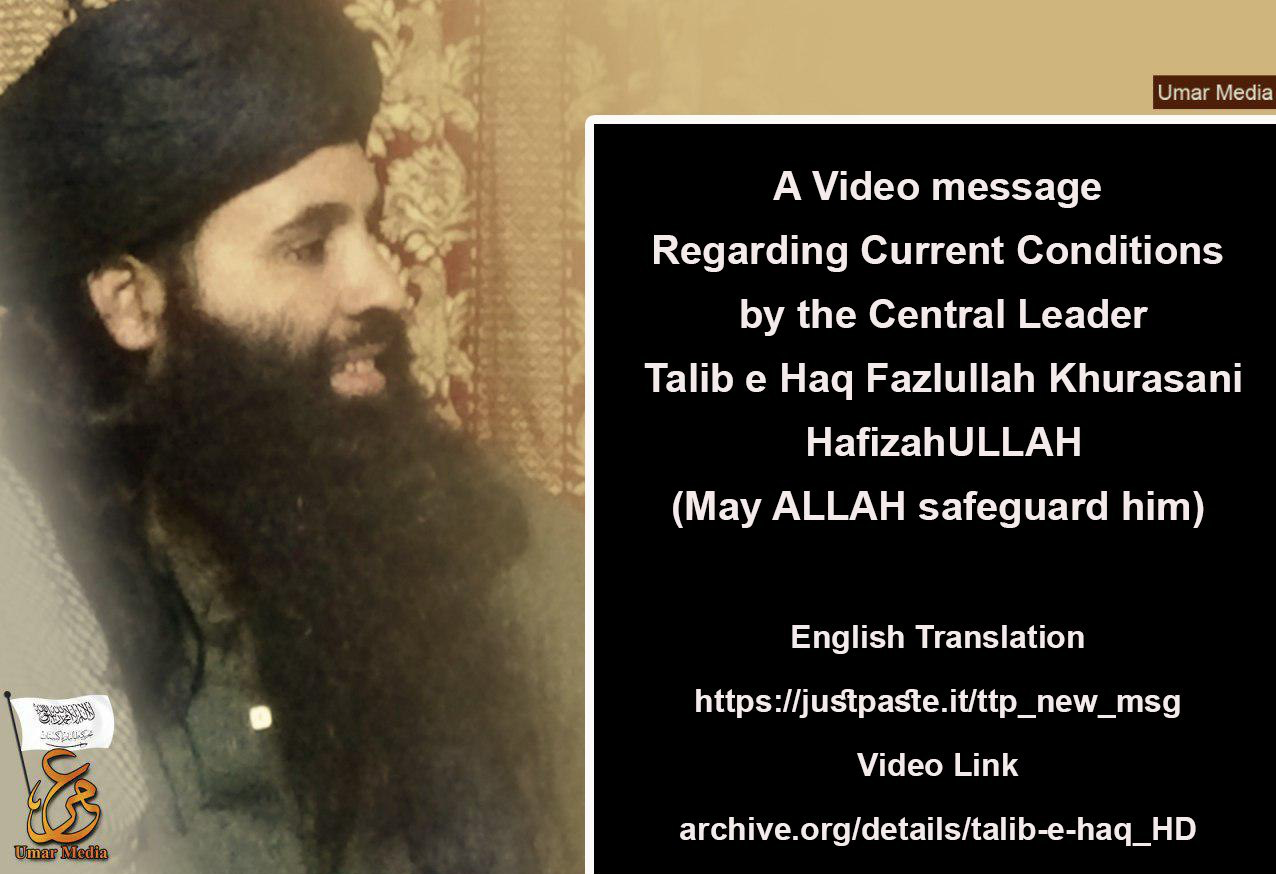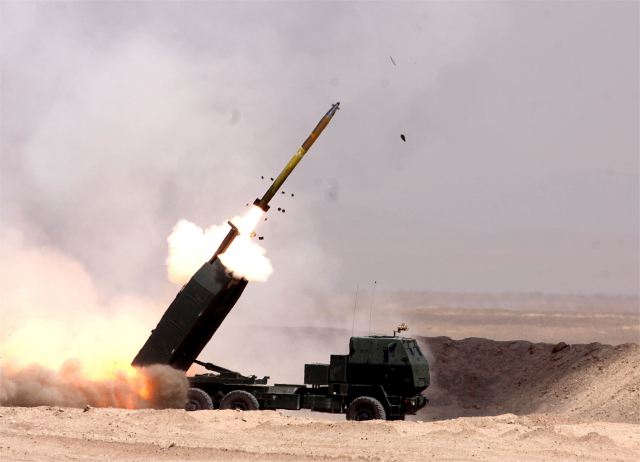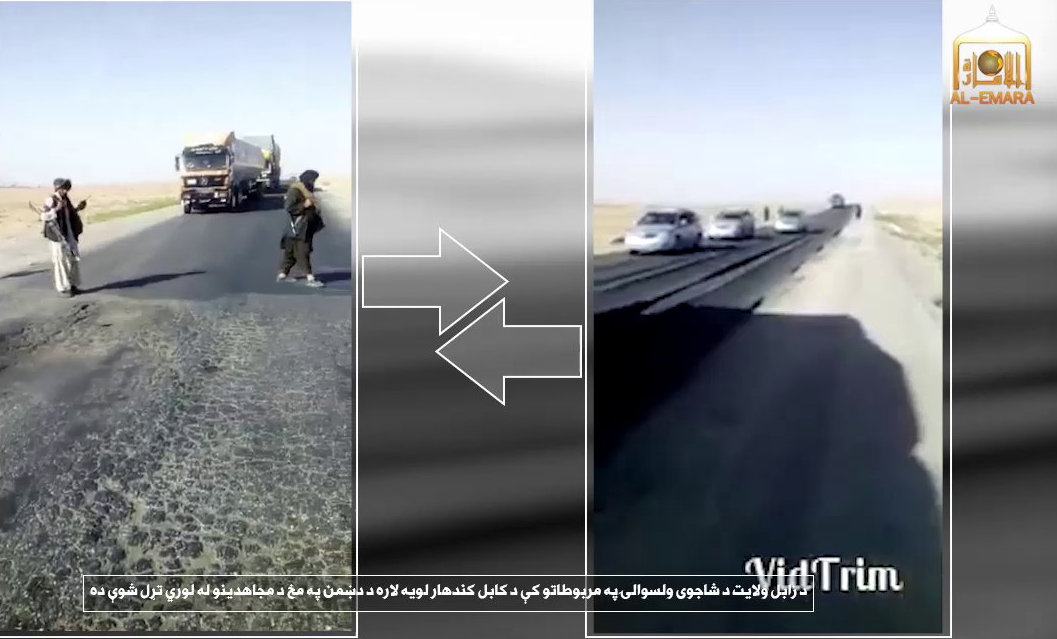
Ghazni City remains under assault, despite RS assurances
Resolute Support initially described the attack on Ghazni City as a “failed attempt” that would be used by the press to generate sensational headlines. Two days later, Afghan forces are still battling entrenched Taliban fighters inside the city, and the vital Kabul-Kandahar remains severed. Battles such as the one in Ghazni, reveal a disturbing pattern of misinformation and deception by Resolute Support when it comes to assessing and reporting on the Taliban’s attacks on major cities as well as its assaults on district centers.

